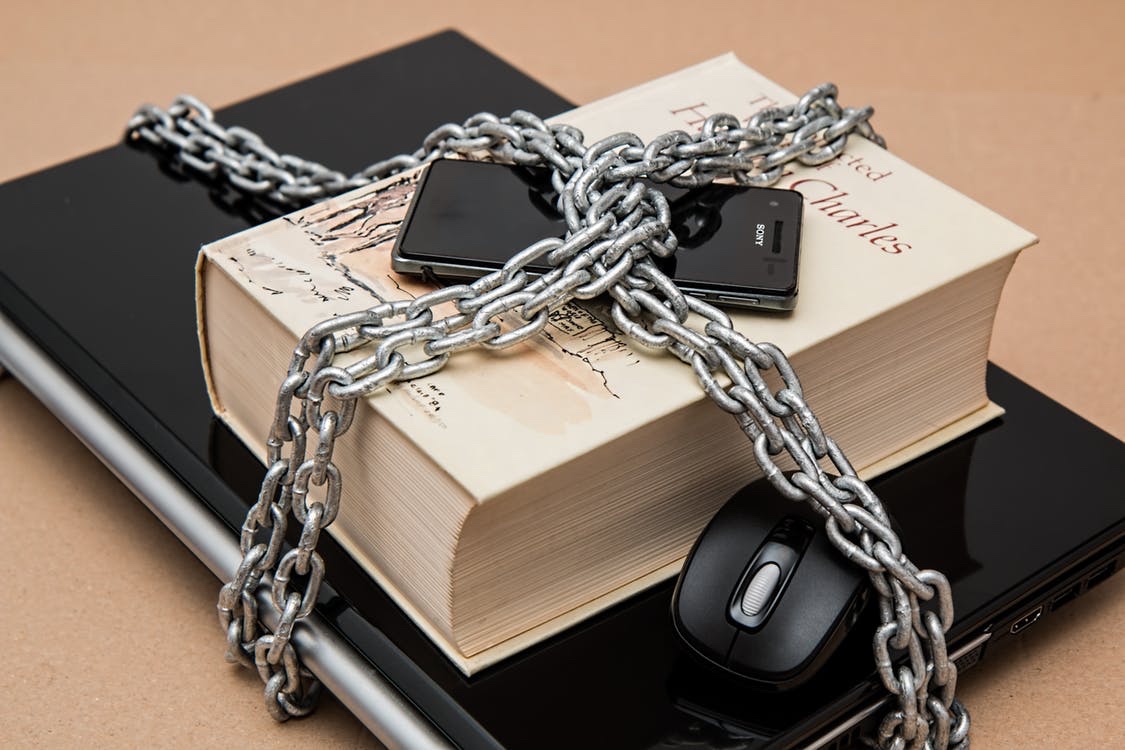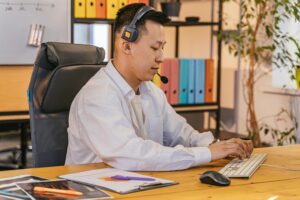
With cyber crime ever pervading it’s fundamental to keep an eye on your privacy. Hackers can get into the most cutting edge software these days, so it’s important to know how you can avoid this and stay safe at work. In an office environment especially, your devices and documents will be linked to others and only you can ensure these remain protected.
What do you need to protect?
Be sure to prioritise the most important things you need to protect. This can include pretty much all your private data and system. More specifically your personal information such as online banking and your browsing history and other online activity.
Dodgy Links
If a link looks a little alien to you, it’s best not to click on it. The same goes for emails from an unknown sender, don’t open these. Beware even if has your name on it, especially if it then asks for any personal information. From time to time you might receive emails saying that somebody has already hacked your personal information, or worse even blackmailing you claiming to know your password. Ignore these as well as they are spam.
Passwords
When setting up a new account on anything with personal or work information, make sure you always use a strong password. This means using a variety of characters ie, capital letters, numbers and symbols. You could try replacing certain letters in a word with a number for example “3” instead of “e”. Don’t use family information such as birthdays and names. Keep your password varied on different accounts, don’t always use the same one. If you have difficulty remembering them, write them down using pen and paper. At work, it’s better to always sign out and back into everything rather than saving your passwords online or on your devices. Don’t save your bank card details online on any website. It might save time but will leave you vulnerable.
Back up
Save your private documents and work projects on an external device or on the cloud. This way you will be able to access them even if something happens to your PC or laptop. Data backup is the best way to ensure you don’t lose information.
Keep up to date
Update your software and operating system whenever you have a notification to do so. Older operating systems will not be supported by virus protection software, and are much less secure in general, which also makes them more problematic to use. Often you’ll find that over time your software will become incompatible with particular add-ons and web formats.
New measures
Many devices are equipped with not only a password, or passcode but also voice and face recognition. It might be a good idea to set up these to ensure that you are the only one who can open them. Smaller devices are often set up with fingerprint recognition as well. Using a VPN, or virtual private network, also gives you more security. Configure all your devices to the same security settings, so that you can feel safe on all your equipment.


